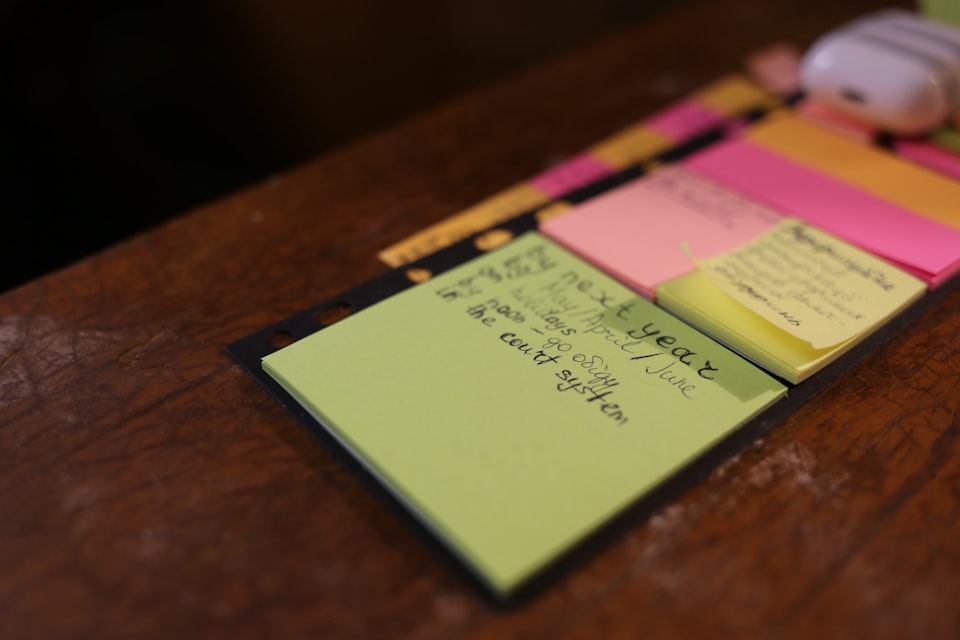Collective Nouns: All You Need to Know About Collective Nouns

Whether you are still in school or out of school, taking an English proficiency test, an English course examination or an interview can still be daunting. Often times, you see yourself searching the internet or old textbooks vigorously to learn a thing or two about nouns. In this article, we will help you understand all you need to know about collective noun.
At the end of this article you will learn the following:
- Meaning of collective noun.
- Examples of collective noun.
- How to recognise a collective noun.
Firstly, what is a noun?
A noun is a part of speech which has the largest class of words in English language and serves as an identification of a person, an animal, place, thing or idea and usually comes first in the list of parts of speech. However, a noun has sub types which are; common noun, proper noun, concrete noun, abstract noun and collective nouns. However, we are to study collective nouns in this article.
What is a Collective Noun?
A collective noun is a collective name or term for other nouns. In linguistics, a collective noun is simply what it's name says: a noun collection. It denotes the representation of groups of persons, animals, things or idea using one word.
Some common examples of collective nouns includes;
Collective nouns for people:
Examples are band, board, team, choir, gang, bevy, panel, bench, jury, class, group, family, class e.t.c
- A band of musicians.
- A board of directors.
- A team of doctors.
- A choir of singers.
- A gang of thieves.
- A panel of judges.
- A class of scholars
- An academy of scholars
- A class of students
- A bevy of girls, ladies
- A bevy of swans
- An orchestra of musicians
- A battalion of soldiers
- A bench of judges
- A caravan of merchants
- A caravan of travellers, pilgrims
Collective nouns for animals:
Examples are flock, hive, pack, school, swarm, herd, army, e.t.c
- A flock of sheep
- A hive of bees
- A pack of wolves
- A flock of birds
- A school of fishes
- A swarm of flies
- A swarm of bees
- A herd of cattle
- A herd of cows
- A brood of chickens
- A pride of lions
Collective nouns for plants:
Examples are bunch(es), bag, box, brood, bale, bouquet
- a bunch of grapes
- A box of oranges
- A bag of oranges
- A basket of yams
- A bale of cotton
- A bouquet of flowers
- A bunch of plantains
Collective nouns for things:
Examples are bunch(es), wad, bundle, heap, carillon, pair, pack, galaxy, fleets, e.t.c
- A bunch of keys.
- A wad of notes.
- A carillon of bells.
- A pair of shoes.
- A pack of cards.
- A fleet of ships
- A fleet of trawlers
- A fleet of cars
- A bundle of clothes or a heap of clothes
- A cargo of goods
- A galaxy of stars
- A suite of furniture
How Do I Know a Collective Noun?
Knowing a collective noun can be really easy if you are very conversant with them. You have to keep in mind these tips on recognising a collective noun.
- Collective nouns are singular but refer to a group of people, things or animals.
- Collective noun refers to a unit or group.
- It discusses a group as a single entity.
- In a sentence, after a collective noun, a singular verb is often used thereafter. For example, the bunch of keys is lying on the table. (Though in some cases, a collective noun can be plural thereby require a plural verb following it).
Using verbs with collective nouns
In most cases singular verb is often used after a collective noun but in some cases a plural verb can be use
When to use a singular verb with collective noun
If all the members of a collective noun are performing an action as a unit, use a singular verb. (Note, this is usually the case)
- The fleet of ships is sailing today.
- A pack cards is lying on the desk.
- A wand of notes was handed to him.
- A pride of lions hunts in this area every evening.
When to use a plural verb with collective noun
You should use a plural verb when the members of a collective noun are performing an action as individuals. That is, all or some members of the collective noun are doing something independently of the other members; the group is not acting together as a unit.
- The orchestra are tuning their instruments.
- The cast have been practising their lines.
- The flock were running off in every direction.
- The staff disagree on the proposal.
In many cases, it may sound more natural to make the subject plural in form by adding a word like members:
- The members of the orchestra are tuning their instruments.
- The cast members have been practising their lines.
- The staff members disagree on the proposal.
Generally, a collective noun is easy to identify and this article has improved your understanding of collective noun . However, it doesn't end here, practice and study wider, with time, your knowledge of collective nouns will become more broader and identifying them will be easier.
Finally, you might want to study other parts of speech to familiarise yourself with them, write and speak better English and improve your overall knowledge of English language.
